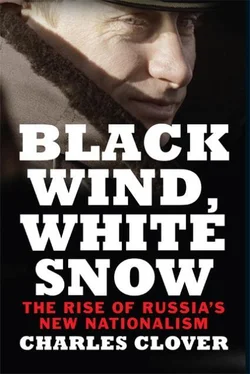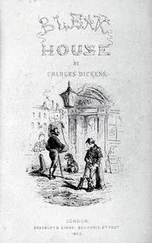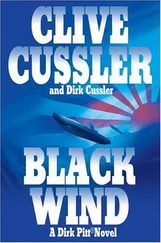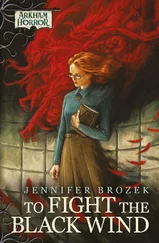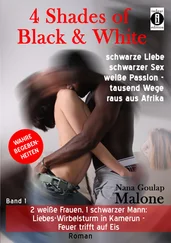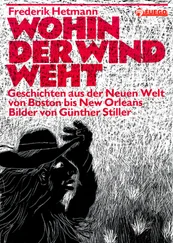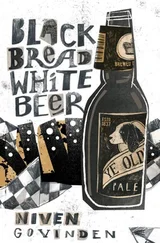Despite having suffered so much at its hands, no person of higher social standing glorified the Soviet empire more in its dying days of the late 1980s. He had spent his career studying the irrational bonds that tie nations and peoples together – the irony was that he himself, a former gulag prisoner who fought tooth and nail in his last days to save his beloved USSR, was exhibit A.
Such displaced anger is the hallmark of all the authors chronicled in this book who suffered mightily at the hands of Soviet power, and yet worked tirelessly to build a new ideology of imperial domination for its successor, a new authoritarian superstate.
Putin’s mention of passionarnost in 2012 was part of a pattern of lacing his speeches and writings with a new vocabulary. Following his announcement the previous year that he would run for a third term as president, Putin embarked on a new political trajectory – a strikingly consistent appeal to Orthodox Church values and Russian nationalism; strident criticism of liberalism and Western values; and projects for reintegration with former Soviet neighbours. In speeches, TV talk shows and newspaper articles, he began to use new terminology. Referring to the West, for example, he began to use the term ‘Atlantic’; and when he spoke of Russia’s broader identity he used the term ‘Eurasia’. When he refers to Russians, he increasingly frequently uses the term Russky (meaning ethnic Russians), rather than Rossiisky (referring to a more civic and inclusive definition of the Russian nation state). 1He also replaced the term ‘nation state’ (with its liberal connotations) with ‘civilization state’, as more appropriate to the historical sweep of the Russian people. Later, unmistakably militaristic words started to enter his lexicon – ‘national traitor’ and ‘fifth column’. When he spoke of patriotism he began to appeal to ‘passionarity’.
These words were drawn from a literature which, until recently, had been the preserve of fringe radical nationalists, and signalled to close observers of Russian politics that their arguments had taken hold. Many of these were drawn from Gumilev’s own works or those of proponents of his theory of Eurasianism, both earlier and later. Now, they are increasingly accepted by a ruling elite that has historically been susceptible to the temptations of philosophical dogma.
For 15 years of rule by Vladimir Putin and his circle, the Kremlin has drifted towards this idea, aimed not at mass mobilization behind public slogans, but at consolidating an elite behind a set of understood (if unspoken) truths, deniably vague statements and opaque policies; it is the subject not of booming speeches but of whispered codes. Gumilev’s passionarnost will be a major theme of this book. The heroism, sacrifice, valour and tragedy of his life – as for all the authors I write about in these pages – were instrumental in the production of a particularly fateful theory of nationalism, one that seems destined to reproduce the tragic circumstances that gave birth to it.
* * *
As scholarship, Gumilev’s work was generally regarded by his academic peers as gripping, talented fiction, but they mostly let him be – ‘on account of his tragic life’, in the words of one. But what controversy there was only helped his popularity in the late days of the USSR, when challenging any orthodoxy was a sure route to popularity and scholarly fame.
This is also a book about why bad ideas win out over good ones, or at least better ones. Why ideas which no one took seriously a decade ago are suddenly being enunciated from the tribune of Kremlin power. Even hopelessly abstruse ideas, ideas that have been soundly disproven, renounced by their creators as demagoguery, labelled ‘fairy tales’ in authoritative journals, censored (even for the right reasons) and proven to be forgeries can change the world. This is a case study of how an idea written on paper sacks in the midst of the Soviet gulag archipelago can one day be pronounced as a national idea by the modern-day heirs of the NKVD.
Ideas – both good and bad – play an underappreciated role in political life, a point made by John Maynard Keynes as far back as 1936: ‘The ideas of economists and political philosophers, both when they are right and when they are wrong, are more powerful than is commonly understood. Indeed the world is ruled by little else… Madmen in authority, who hear voices in the air, are distilling their frenzy from some academic scribbler of a few years back. I am sure that the power of vested interests is vastly exaggerated compared with the gradual encroachment of ideas.’ 2
This perhaps applies nowhere more than in Russia, a country which has been brimming with – and heavily swayed by the vagaries of – philosophy over the past 200 years. ‘You must conceive’, wrote philosopher Isaiah Berlin of nineteenth-century Russia, ‘of an astonishingly impressionable society with an unheard of capacity for absorbing ideas.’ 3In many works of Russian fiction, ideas are treated as things that assume corporeal form. The fanatical Stavrogin, the protagonist in Fedor Dostoevsky’s The Possessed , is ‘eaten by an idea’, while many of the nineteenth century’s most famous novels were fictional illustrations of the virtues of the commitment to philosophy, or how it can go badly wrong. Dostoevsky’s own Crime and Punishment was a criticism of just such a commitment – a meditation on how theory produces monsters: the main character, Raskolnikov, kills an old woman simply to prove a theory to himself. ‘It’s as well that you only killed the old woman. If you’d invented another theory you might perhaps have done something a thousand times more hideous’, Raskolnikov’s friend tells him at the end of the novel. This black humour would tragically foreshadow Russia’s twentieth-century fate.
Serious scholarship has lately been devoted to the proposition that ideas have real corporeal existence and should be treated in a similar way to diseases or parasites, spreading and infecting hosts. Neurobiologist Roger Sperry argues that ideas have the ability to push around physical matter; they have ‘infectivity’ and ‘spreading power’. ‘Ideas cause ideas and help evolve new ideas. They interact with each other and with other mental forces in the same brain, in neighboring brains, and thanks to global communication, in far distant, foreign brains.’ 4
British evolutionary biologist Richard Dawkins has put forward a similar theory of ‘memes’ – which he describes as simple units of cultural information whose primary characteristic is the ability to replicate and spread virally through their interaction with other memes through a version of natural selection. As Dawkins puts it: ‘When you plant a fertile meme in my mind you literally parasitize my brain.’ 5Truth and proof are barely criteria in the competition among memes – indeed Dawkins invented the theory to explain the persistence of religion in the face of science. Far more important is what US comic Stephen Colbert might call ‘truthiness’: the inherent catchiness of ideas like ‘belief in God’ or ‘war on terror’, spread without very much conscious action or explanatory power, or even understanding of their meaning.
This is what seems to explain the success of one of the most powerful memes today: nationalism, which has reshaped the world since it captured the imagination of nineteenth-century Europe, starting the most destructive wars in history and ending another global conflict – the Cold War – without a shot being fired. Ernest Gellner, perhaps the most respected scholar of nationalism in the twentieth century, observed that ‘wherever nationalism has taken root, it has tended to prevail with ease over other modern ideologies.’ 6His statement is interesting because it presumes that nationalism is an ‘it’ – a subject in itself. Nationalism is not equivalent to the sum total of nationalists – the individuals who profess it and carry nationalist slogans and banners; rather, it is a separate and total thing in itself which has sociological reality and objective existence. Nationalism wins out not because nationalists are better, or stronger, or more capable, but because nationalism itself appears to possess inherent characteristics that allow it to vanquish other memes in a fair fight.
Читать дальше
